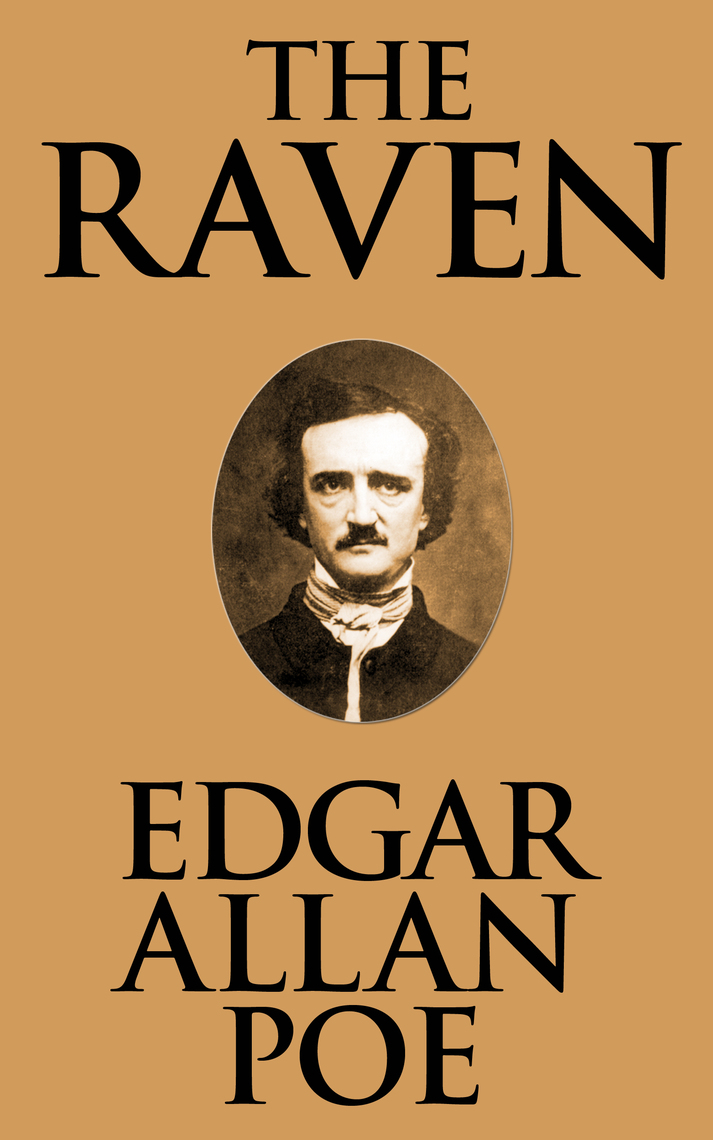Unveiling The Darkness: Edgar Allan Poe's 'The Raven' Explored
Step into a world shrouded in mystery, grief, and the haunting beauty of language, as we delve deep into one of American literature's most iconic poems: "The Raven" by Edgar Allan Poe. This narrative masterpiece has captivated readers for generations, weaving a tale of profound sorrow and a chilling encounter that resonates with the deepest human emotions. From its evocative imagery to its unforgettable refrain, Poe's genius shines through every line, inviting us to ponder the very nature of loss and the lingering shadows it casts.
First published in January 1845 by Wiley and Putnam, in the collection "The Raven and Other Poems," this work instantly cemented Edgar Allan Poe's place in literary history, achieving instant national fame. Often noted for its musicality, stylized language, and supernatural atmosphere, "The Raven" remains a cornerstone of gothic literature and a testament to Poe's unparalleled ability to explore the darker facets of the human psyche. Join us as we explore the enduring power and intricate layers of this classic American poem.
Table of Contents
- Who Was Edgar Allan Poe?
- "The Raven": A Timeless Masterpiece
- Deeper Meanings: Themes in "The Raven"
- Symbolism and Literary Devices
- The Musicality and Stylized Language
- Enduring Legacy and Influence
- Reading "The Raven": A Personal Journey
- Frequently Asked Questions About "The Raven"
Who Was Edgar Allan Poe?
Before diving into the depths of "The Raven," it's essential to understand the mind behind this haunting work. Edgar Allan Poe was an American writer, poet, editor, and literary critic, best known for his tales of mystery and the macabre. His life, often as dark and complex as his stories, profoundly influenced his literary output, making his personal struggles and philosophical inquiries inseparable from his art.
Early Life and Literary Beginnings
Born in Boston, Massachusetts, on January 19, 1809, Edgar Poe's early life was marked by tragedy. Orphaned at a young age, he was taken in by John and Frances Allan, though he was never formally adopted. His relationship with John Allan was tumultuous, leading to financial difficulties and a strained personal life that would plague him throughout his career. Poe briefly attended the University of Virginia but left due to gambling debts. He later enlisted in the army and then attended West Point, from which he was expelled.
Poe's literary career began with humble poetic collections, but it was his short stories that first gained him recognition. He was a pioneer of the detective fiction genre and contributed significantly to the emerging genre of science fiction. However, it was his unique brand of gothic horror and psychological thrillers that truly set him apart. His meticulous craftsmanship, focus on psychological realism, and exploration of death, decay, and madness would become hallmarks of his style.
A Master of the Macabre
Poe's work often delves into themes of death, grief, and the supernatural, reflecting his own experiences with loss, particularly the deaths of many women in his life, including his young wife, Virginia Clemm. This personal sorrow imbued his writing with a raw, emotional intensity that continues to resonate with readers. He was a master of creating a specific mood or effect in his writing, believing that every word should contribute to a single, unified impression. This philosophy is nowhere more evident than in "The Raven."
- Landers Toyota Little Rock
- Wall Design
- Brick Farm Tavern
- Egg Custard Pie
- Embassy Suites By Hilton San Diego Bay Downtown
Here's a brief overview of Edgar Allan Poe's personal data:
| Attribute | Detail |
|---|
- Canadian Snowbirds Selling Florida Homes
- Funny Monday Memes
- Pugh Funeral Home Asheboro Nc
- Wall Design
- Jennifer Lynn Stone

The Raven eBook by Edgar Allan Poe | Official Publisher Page | Simon

The Raven by Edgar Allan Poe - Book - Read Online

The Raven By Poe